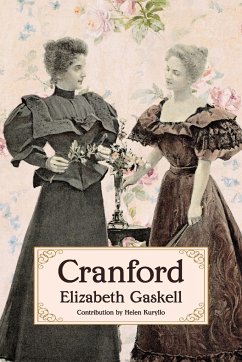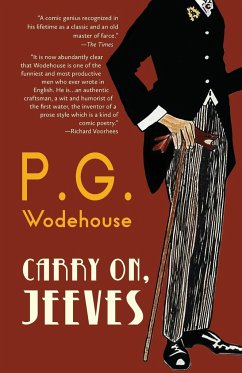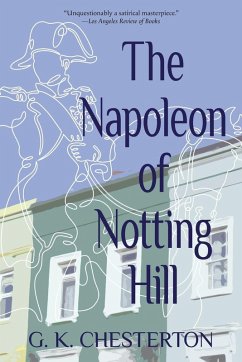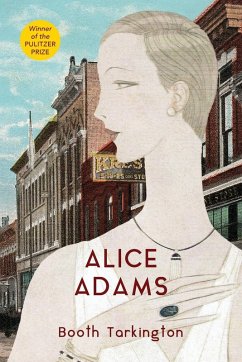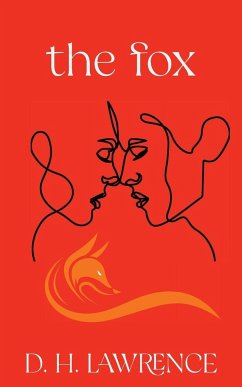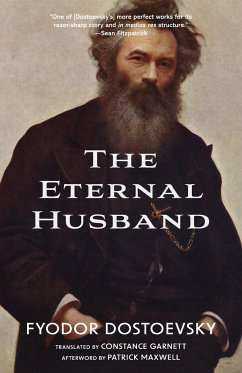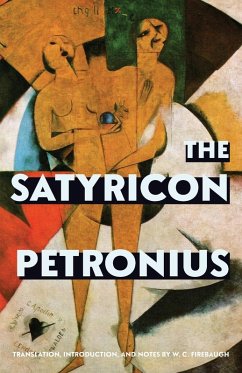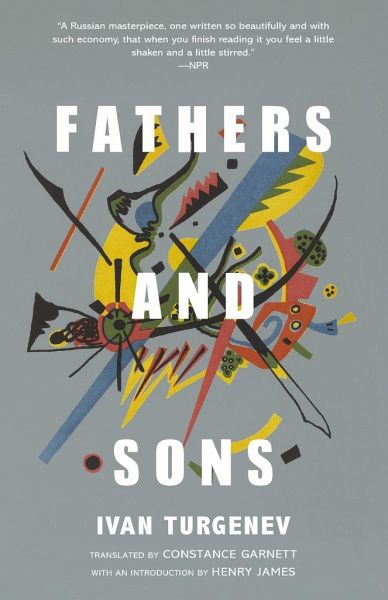
Fathers and Sons (Warbler Classics Annotated Edition)
Versandkostenfrei!
Versandfertig in 1-2 Wochen
11,99 €
inkl. MwSt.

PAYBACK Punkte
6 °P sammeln!
Fathers and Sons is a major work of nineteenth-century fiction and one of the most acclaimed Russian novels of all time. The story follows the relationships between a father, his sons Pavel and Arkady, and Arkady's nihilist friend Bazarov. Against the backdrop of a growing cultural schism between old and new ideas and generational conflict, the drama around family ties, love, heartache, and religion plays out in this insightful, compassionate, and exhilerating tale. This edition includes a brilliant essay by Henry James on Ivan Turgenev and a detailed biographical timeline.






